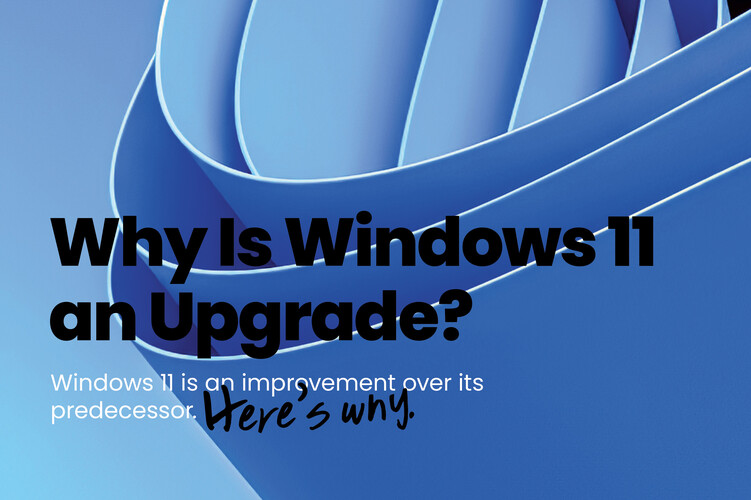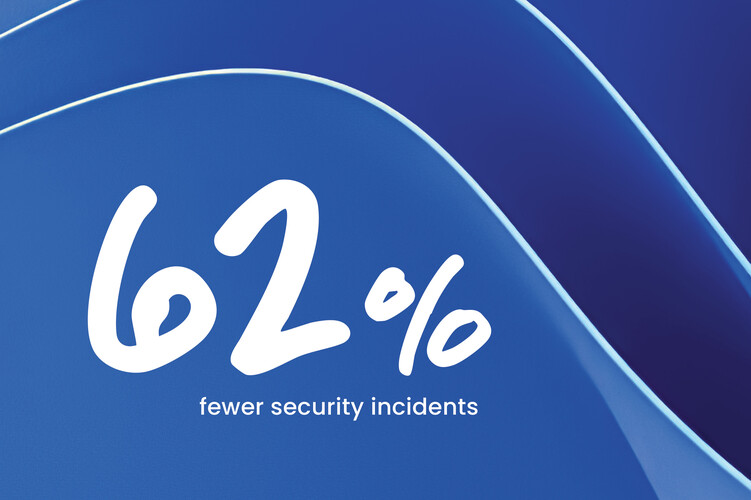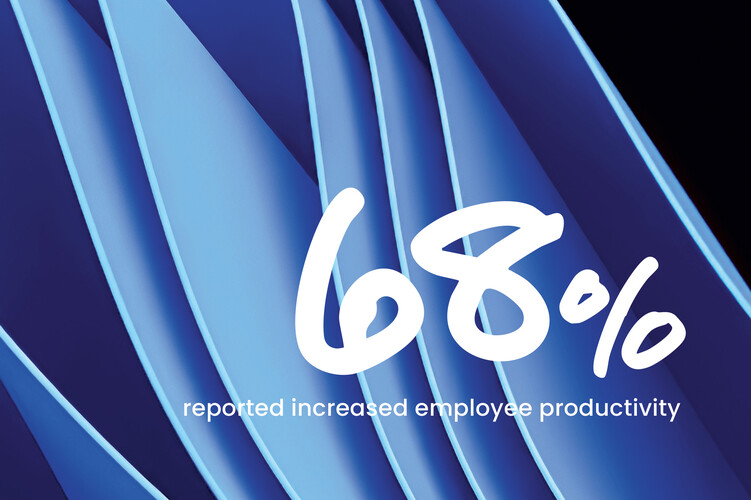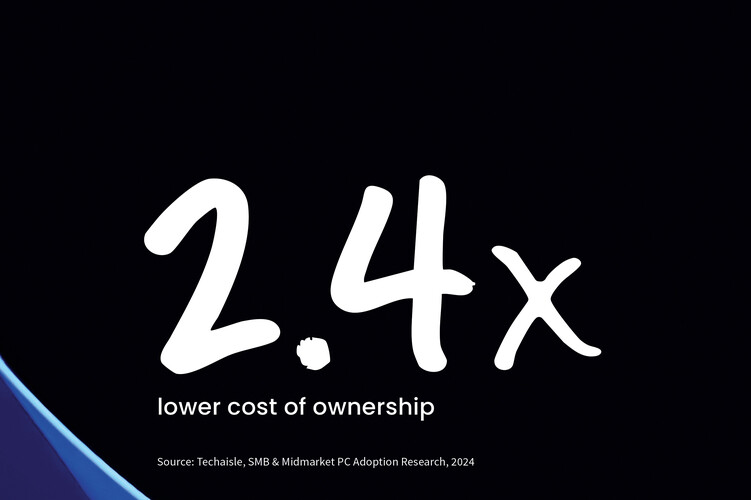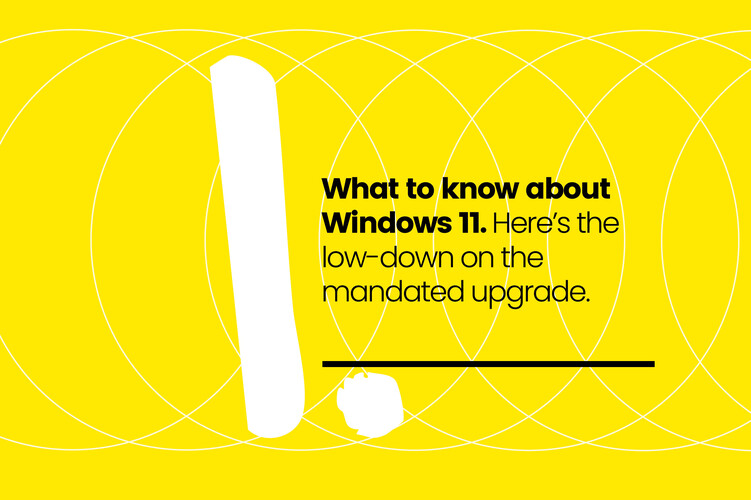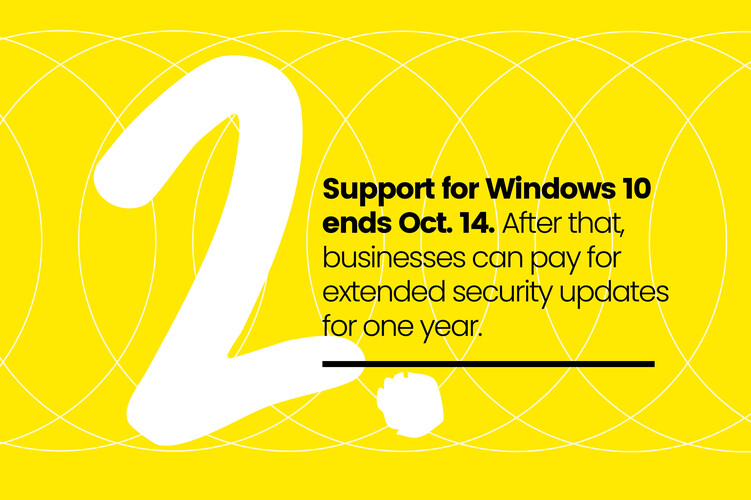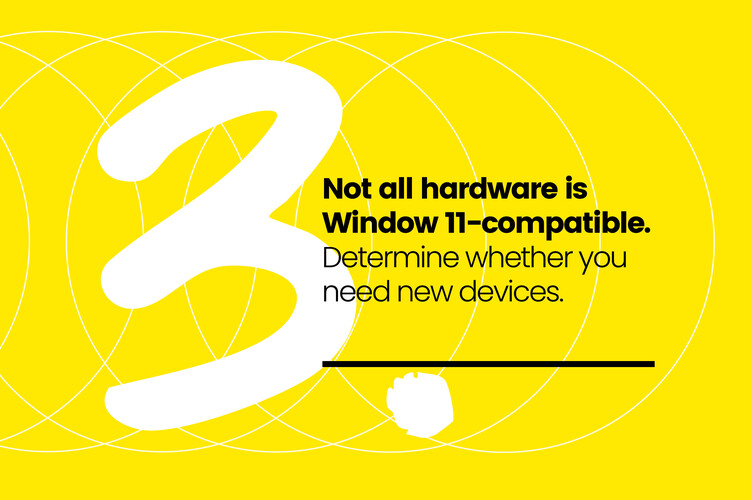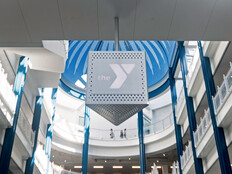While Grow America no longer worries about the support cutoff deadline, many small businesses do, and they face a time crunch. When support ends for Windows 10 on Oct. 14, it will no longer provide free software updates, security patches or technical assistance for the operating system.
Windows 10 still accounted for 21% of the OS footprint as of July 2024, when Forrester Research’s 2024 digital workplace survey was taken. While that percentage has certainly decreased since then, a sizable chunk of employers have yet to move to Windows 11, says Forrester analyst Andrew Hewitt.
But it’s not too late. Small employers still have time to migrate to Windows 11. They can purchase new computers with Windows 11 preinstalled, or they can upgrade current PCs to the latest OS, provided their existing hardware meets Microsoft’s minimum Windows 11 system requirements.
Check out this guide to Windows 11.
Windows 11 Upgrade Options as Deadline Looms
The greatest upgrade challenge for small businesses is a lack of hardware compatibility for Windows 11, but if the hardware supports Windows 11, the transition is usually easy, Hewitt says. “It does require some testing, especially for custom applications,” he adds.
Windows 11 offers enhanced security and a better user interface, among many other features, helping to improve productivity. It’s optimized for best performance on the latest hardware, so buying new Windows 11 PCs is a good investment if budget allows, according to Bob O’Donnell, president and chief analyst for TECHnalysis Research.







